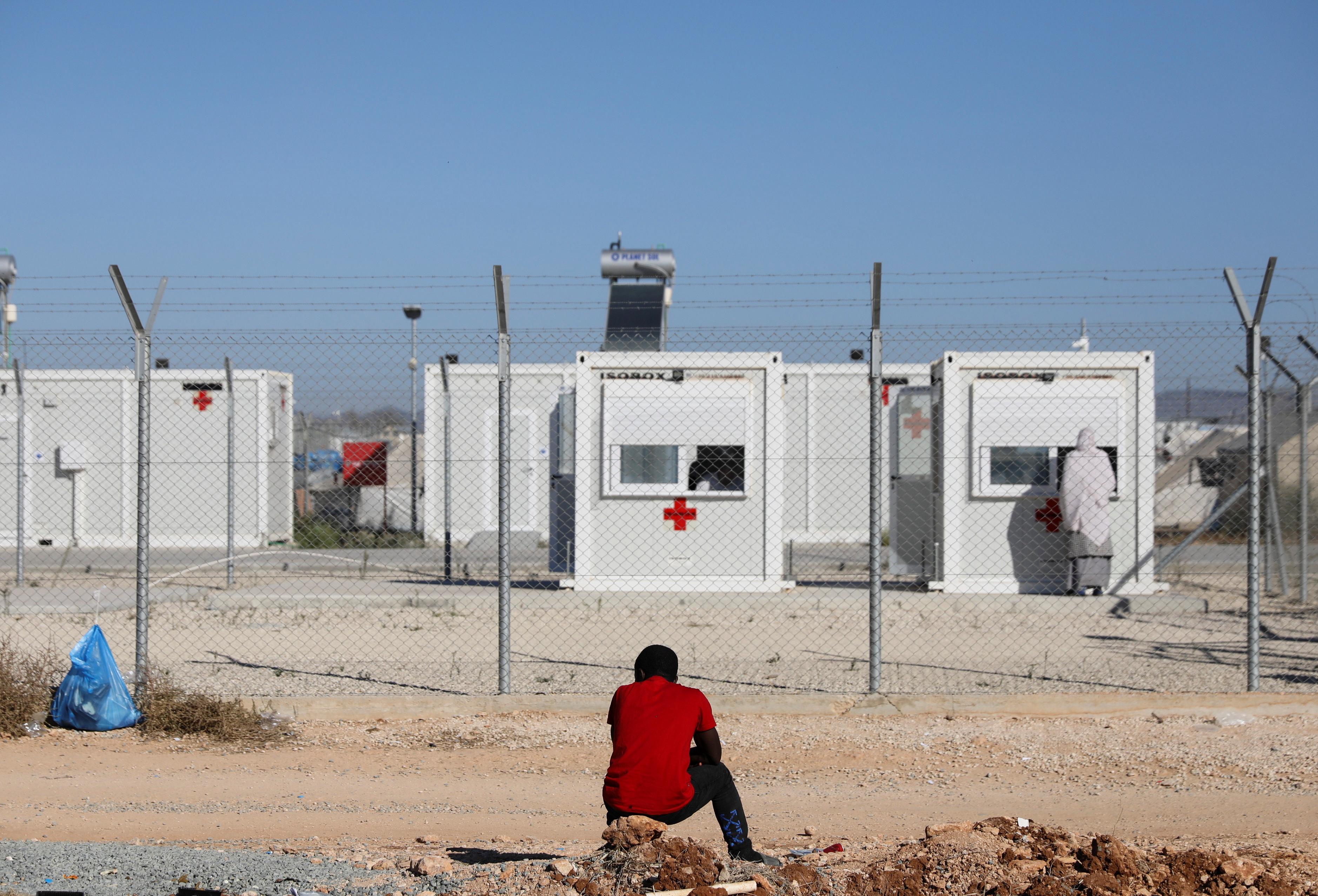Law commissioner Louiza Christodoulou Zannetou on Friday handed over to Migration deputy minister Nicholas Ioannides a draft bill on the modernisation of the refugee law of 2000, which is said to aim at “strengthening the current system”.
The draft bill will now be subject to consultation with all the services involved, prior to a public consultation.
The drafting of this bill was assigned to the commissioner by a cabinet decision and was carried out “in close cooperation with the migration deputy ministry and the asylum service”, a written announcement said.
It added that the new legislative framework aims to adopt a clear and effective legal framework, strengthening the administrative, judicial, and other procedures concerning beneficiaries of international protection.
“Our opinion in this work has been the substantive safeguarding of the rights of beneficiaries of international protection as they arise from European Union and international law, while safeguarding the public interest of the Republic,” the announcement added.
The legislative initiative is part of the broader framework of government policies for the management of refugees and migration and the observance of international obligations.
The commissioner said the bill takes into account the new legislation and rules introduced with the entry into force of the EU’s migration pact, which was passed by the European parliament in April last year, with which the new bill is aligned.
The EU’s migration pact constituted a comprehensive redesign of the bloc’s legislative framework regarding migration and asylum, providing for a stricter and more unified approach across the bloc to the processing and settling of asylum seekers.
Included in the legislation are provisions for “solidarity” between member states, which includes the voluntary taking on of asylum seekers by states which have the ability to do so, as well as providing financial contributions and operational and technical support.
There are also provisions to help EU countries manage surges in migrant flows, as well as screening of third country nationals upon their entry to the EU, with identity checks, biometric data collection and other checks. This process could take up to seven days.
In addition, regulations regarding the Eurodac database will be altered, allowing for the fingerprints and photographs of those entering the EU illegally to be stored indefinitely.
There are also provisions for faster processing of asylum claims and more watertight rules on asylum claims, as well as uniform reception standards for asylum seekers in terms of housing, schooling, and healthcare.
Additionally, member states have agreed to take in people who have already had their asylum claims ratified in other member states on a “voluntary” basis.
In a statement to mark World Refugee Day, says the Commissioner for Administration and Protection of Human Rights, Maria Stylianou Lottides said the new bill transposes into domestic law numerous parameters relating to the rights and obligations of both asylum seekers and recognized refugees to “ensure the provision of protection, dignity and equal opportunities.”
She said the EU Pact was trying to streamline the asylum process and share responsibility more fairly among member states.
“However, at the same time, restrictive policies and agreements to stem flows with third countries continues,” she said.
“What further burdens the already painful reality of refugee life are the difficulties faced by refugees in host countries, and this is because despite international conventions and the legal protective framework, in practice, refugees encounter barriers such as social exclusion and xenophobia,” she added.
Lottides said that in the past two years the number of people who have been displaced as a result of persecution, conflict, violence, human rights violations or events that seriously disrupt public order had exceeded 123.2 million, “a historical record”.
Of these, approximately 36.8 million were refugees forced to flee to other countries, while approximately 73.5 million were internally displaced people forced to flee their homes but who remain in their home countries.
On the total displaced, she added, around 8.4 million were asylum seekers still awaiting, “in conditions of uncertainty”, a decision on their application in host countries.
Children make up almost 40 per cent of all displaced people, Lottides said.
“Behind these numbers are names, families, lost homelands, children who were born and raised without ever knowing the concept of stability, with Syria, Ukraine, Sudan and Gaza being just some of the most recent examples where entire populations are being turned into refugees,” Lottides concluded.






Click here to change your cookie preferences